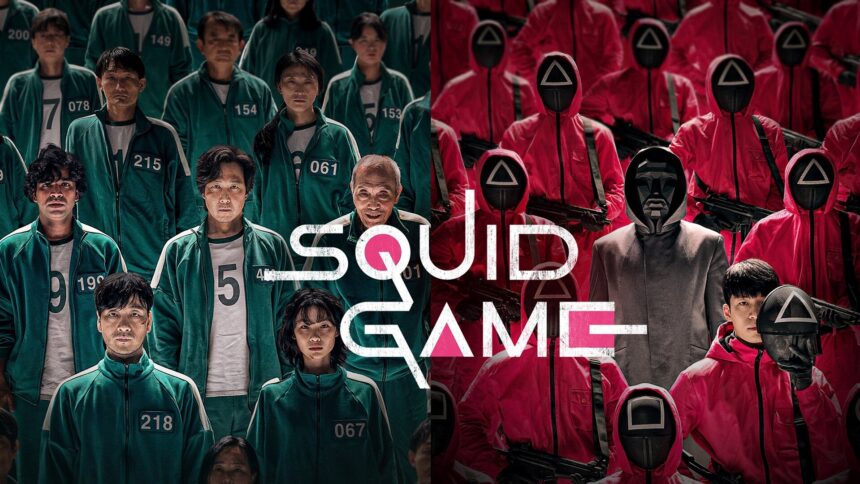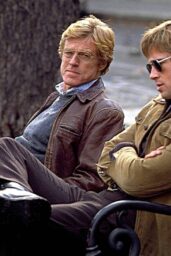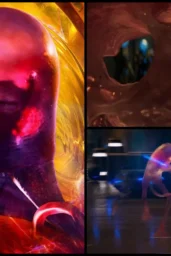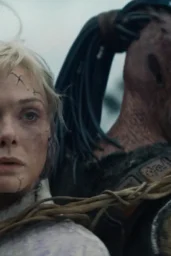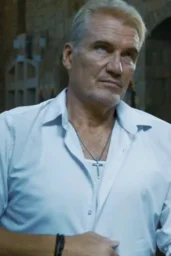The True Story Behind Squid Game Is Much Bleaker Than a Meme
First confession: I binged Squid Game in one sitting and, for a hot second, wondered if South Korea might actually have a bunker full of green-jumpsuit-wearing hostages, forced to play children’s games for survival. I mean, who didn’t? Twitter was flooded with threads connecting the show to an apparently “real” 1986 event—a grim camp called Brothers’ Home, some even calling it a “No Man’s Land.” Was this just fan-fiction rolled in paranoia, or is there some spark of truth lost in the Wikipedia weeds?
Hold up—let’s slow this down.
What Really Happened in 1986?
So, here’s the actual history (and it’s no playground): Brothers’ Home was a government-run detention center operating throughout the 1970s and ’80s in South Korea. Close your eyes and picture barbed wire, barracks, and the chilling, bureaucratic indifference of a state run amok. According to an Al Jazeera investigation, the horrors included forced labor, rampant abuse, and the kind of trauma that lingers in a nation’s psyche. This isn’t an urban legend. It happened. There are reports, survivors, and shame.
But here’s the twist: There’s zero credible evidence anyone was made to play games for their life inside Brothers’ Home. None of the accounts, interviews, or official findings mention death-matches or whimsical brutality à la Squid Game. That’s pure myth, cooked up and passed around the internet campfire until it calcified into “truth” for millions scrolling by. The viral rumors? Cobbled together from fan posts and a particularly creative social media account claiming a “bunker in no man’s land” and survival games—a story that simply doesn’t hold up to scrutiny.
The Creator: Ignore the Clickbait
Now, let’s talk Hwang Dong-hyuk—the guy behind Squid Game. Has he ever admitted the show is “based on” Brothers’ Home? Not once.
In a New York Times interview (find it, read it—it’s worth your time), Hwang talks about the emotional and economic pressures pressuring everyday Koreans: job loss, debt, and the never-ending treadmill called “competition.” He said, “The sense of urgency, the sense of crisis that weighs heavily on people’s daily lives, it allows anyone to easily relate to Gi-hun.” His main character isn’t a direct stand-in for an actual survivor of state abuse; he’s an everyman, teetering on the edge of survival. That’s relatable. Painfully relatable, these days.
Hwang has nodded to real events with a very different flavor: he points out that the infamous SsangYong Motor Strike—where thousands lost jobs overnight—shaped Gi-hun’s backstory. It’s economic horror, not government-mandated murder games. Subtle distinction, huge difference.
Why Do We Want It to Be True?
Maybe we just want our fictions to be ripped from the headlines. Maybe nothing is more satisfying, in this weird, share-everything age, than uncovering a “hidden truth” Netflix is “too scared” to confirm. But here’s the thing—no matter what Reddit or TikTok says, this isn’t a re-enactment. It’s a metaphor, sharpened by history, yes, but rooted in the anxieties we all share: will I make rent, pay my debts, survive the week? The real “game” is just… life. Messy, unfair, sometimes cruel life.
Final Take
Is Squid Game inspired by 1986’s No Man’s Land? Not directly. The blood, sweat, and tears—the drama—isn’t about one place or even one moment in history. It’s about what keeps you up at night.
On its own, Brothers’ Home is already haunting enough for a dozen documentaries; it doesn’t need fictional games to be chilling. And Squid Game? It doesn’t need to be real to sting.
The real story is so much darker. And unlike the show—there’s no prize money at the end.

